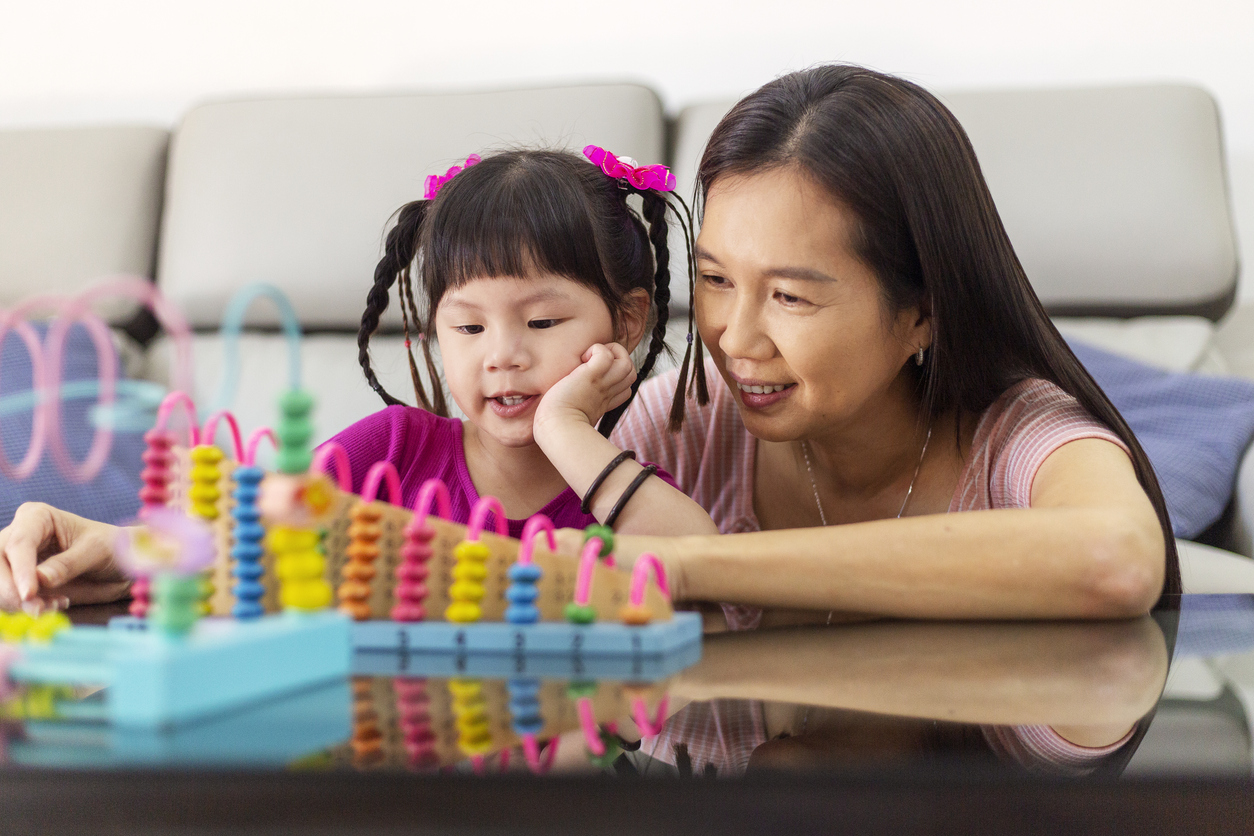Physical activity is essential for the healthy development of young children, particularly those in child care in denver. As childhood obesity rates rise and sedentary lifestyles become more prevalent, implementing effective physical activity programs in daycare can significantly benefit children’s physical, cognitive, and emotional well-being. This blog post explores various strategies and activities that daycare providers can adopt to promote physical activity among young children.
Importance of Physical Activity for Young Children
Physical activity plays a crucial role in the development of motor skills, cognitive function, and overall health in young children. According to the World Health Organization, children aged 0-5 should engage in at least 180 minutes of physical activity per day, including at least 60 minutes of moderate to vigorous intensity activities. Regular physical activity helps prevent obesity, enhances cardiovascular health, and supports mental well-being by reducing anxiety and improving mood.
Benefits of Physical Activity
- Physical Health: Regular movement helps maintain a healthy weight, strengthens bones and muscles, and reduces the risk of chronic diseases.
- Cognitive Development: Engaging in physical play enhances brain development and improves concentration and learning abilities.
- Social Skills: Group activities foster teamwork, communication, and social interaction among peers.
- Emotional Well-being: Active play can reduce stress and anxiety while promoting happiness and self-esteem.
Strategies for Implementing Physical Activity Programs
Create a Structured Daily Schedule
Incorporating physical activity into the daily routine is vital. Child care near me in denver should aim for:
- 60 minutes of structured (adult-led) activities daily.
- 120 minutes of unstructured (child-led) playtime, which can be broken into shorter intervals throughout the day.
Indoor and Outdoor Play Areas
Both indoor and outdoor environments should encourage active play:
- Outdoor Play: Schedule outdoor playtime twice a day, allowing children to run, jump, climb, and explore nature. Activities like obstacle courses or nature walks can be very engaging.
- Indoor Play: Equip indoor spaces with climbing structures or soft play areas to facilitate movement when outdoor play isn’t possible due to weather conditions.
Active Games and Activities
Incorporating fun games into the daily routine can motivate children to be active. Here are some engaging ideas:
- “Row Your Boat”: Children sit facing each other with feet touching, holding hands while leaning back and forth as they sing the song.
- “Music Detective”: Hide a music source and have children find it by following the sound.
- “Animal Time”: Children mimic their favorite animals’ movements in a circle.
- “Hit the Balloon”: Keep a balloon in the air by hitting it without letting it touch the ground.
Encourage Exploration Through Play
Children are naturally curious, so providing opportunities for exploration is key:
- Set up areas where they can climb safely or engage with different textures and materials.
- Use simple equipment like balls or hula hoops to encourage varied movements such as throwing, catching, or jumping.
Best Practices for Daycare Providers
To create an effective physical activity program in daycares in denver:
- Limit Screen Time: The American Academy of Pediatrics recommends limiting screen time for children under two years old and keeping it minimal for older toddlers.
- Be an Active Role Model: Educators should participate in activities alongside children to encourage engagement and demonstrate enthusiasm for physical play.
- Create a Safe Environment: Ensure that all play areas are safe and accessible for all children, including those with disabilities. Provide a variety of equipment that caters to different interests and abilities.
Also Read: Daycare Diagnostics: Assessing the Quality
Conclusion
Implementing a robust physical activity program in daycare settings is crucial for fostering healthy habits among young children. By prioritizing active play through structured schedules, engaging activities, and safe environments, high quality daycare services can significantly enhance children’s physical health, cognitive development, and social skills. As parents increasingly seek out childcare options that promote active lifestyles, establishing such programs not only benefits children but also aligns with families values regarding health and wellness.

Leave a Reply